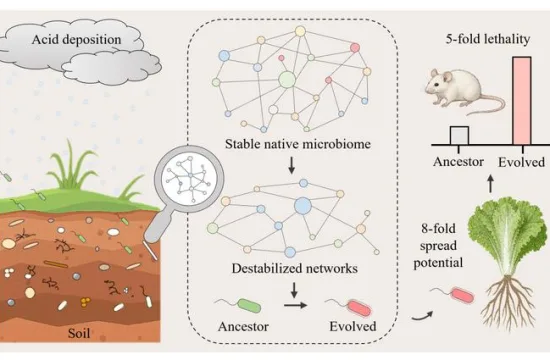
Deep learning techniques are increasingly being used to predict complex traits in animal and plant breeding. Yet, improving genomic prediction accuracy remains a challenge.
Now, a team of scientists in China has reported promising results using convolutional neural networks (CNNs) to predict swine traits.
The study, published in the Journal of Integrative Agriculture, highlights how CNNs can outperform traditional methods when paired with innovative data encoding strategies.
“We evaluated the CNN model’s performance with different sets of single nucleotide polymorphisms (SNPs) and found that the model performed best with sets of 1,000 SNPs,” said Zhonglin Tang, corresponding author and professor at the Agricultural Genomics Institute in Shenzhen, Chinese Academy of Agricultural Sciences.
Tang and his team introduced a novel encoding method that transforms 16 genotypes into eight binary variables using an expanded one-hot encoding approach. This adjustment significantly improved the CNN’s ability to predict swine traits compared to conventional encoding techniques.
“Our findings suggest that this expanded one-hot encoding method can enhance the accuracy of deep learning models in genomic prediction of economically important swine traits,” Tang explained. “This has major implications for breeding programs, where genomic prediction is critical to advancing strategies.”
The researchers recommend that future studies continue to refine deep learning methods by incorporating advanced data pre-processing techniques, potentially unlocking further gains in prediction accuracy.







